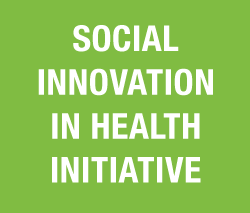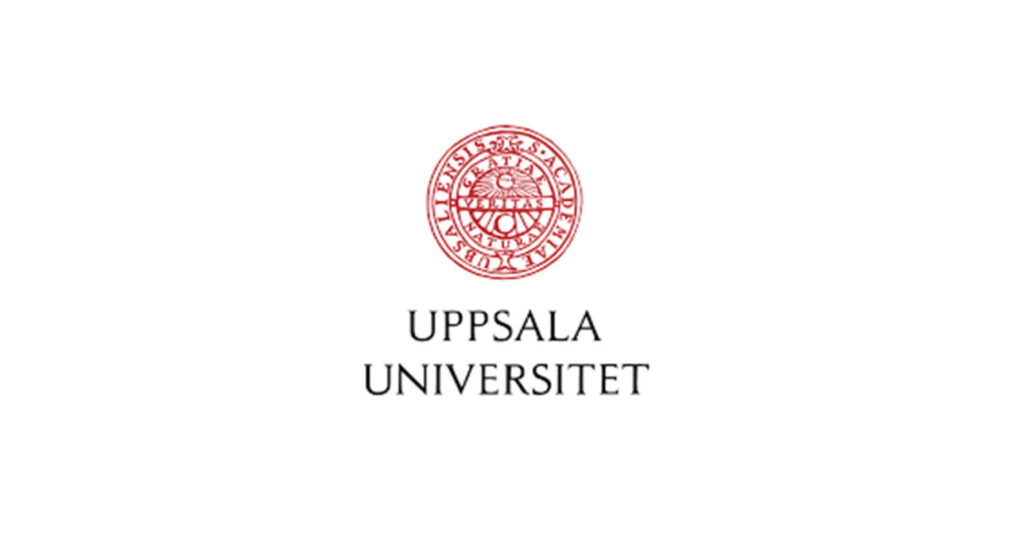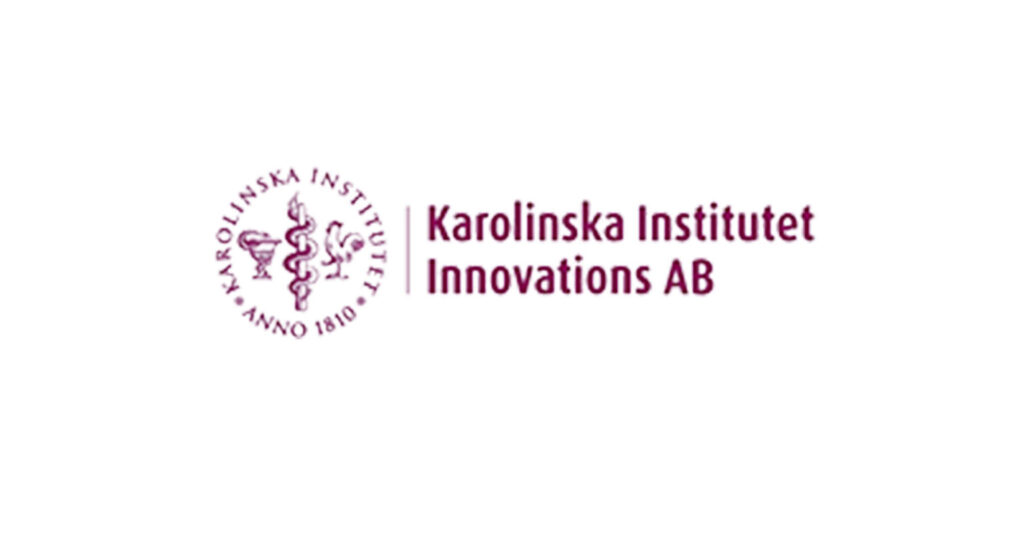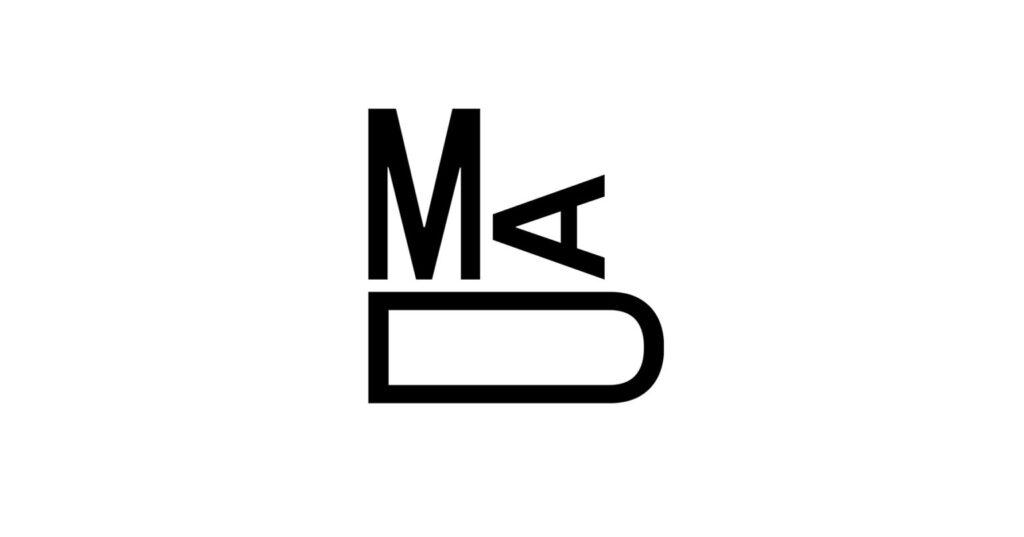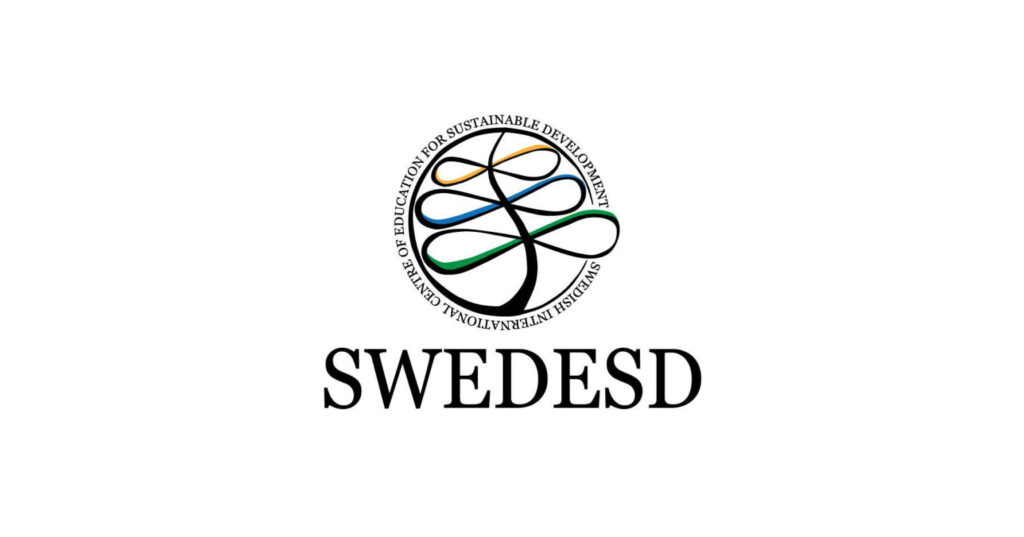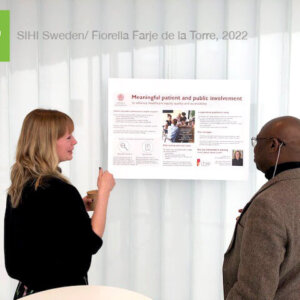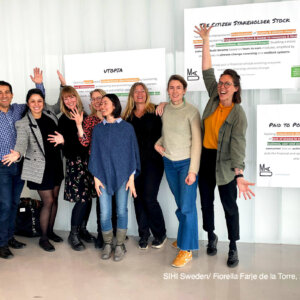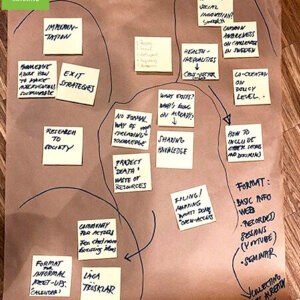
SIHI Sweden at Uppsala University
We aim to promote interdisciplinary research on social innovation for health by connecting researchers, students, entrepreneurs, policymakers and implementers in private and public sector, civil society and non-profits, and to advocate for systemic shifts needed to achieve sustainable health in the local context.
OUR FOCUS
IMPLEMENTATION RESEARCH
We aim to find new or more efficient ways to address complex social challenges in health and welfare through innovations developed together with the users and other stakeholders in order to provide a more accessible, inclusive and cost-effective health and welfare.
REDUCING INEQUITY
We believe that social innovation with a primary focus on marginalized and vulnerable populations is a means to reduce inequities in health.
CO-CREATION OF KNOWLEDGE
We strive to strengthen co-creation of knowledge and collaborations between researchers, end-users and other actors in society in order to increase the pace of implementation of research-based knowledge that address complex societal challenges.
ENTREPRENEURSHIP
We aim to develop methods for implementation and scale-up of social innovations by focusing on entrepreneurship and intrapreneurship.
OUR PROJECTS
Yalla Lotsar
Building on a social innovation model with “Mentor Mothers” developed by Philani Maternal and Child Health Project in South Africa, the project “Yalla Lotsar” has been introduced in Malmö by the Yalla Trappan. The project aims to contribute to increased autonomy and opportunities to create a good life by reducing social isolation, exclusion, low trust in authorities and society, as well as increasing the number of children enrolled in preschool and increasing knowledge about the young child’s health, learning and development. The main goals are to strengthen the parental role and make community functions available to the project’s target group; asylum seekers, newly arrived and foreign-born women with children aged 0–6 years.
Read more (Swedish)
DöBra
YAM – Youth Aware of Mental Health
Trauma support in your pocket
In Sweden, psychosocial support for children and young people who have experienced trauma is not equally accessible or available in a timely manner due to resource constraints within specialised services. Therefore, it is critical to develop and evaluate targeted prevention approaches that have the potential to provide immediate and sustained relief to many children and young people. This project sets out to develop a trauma support app, designed with and for children and young people, to be used together with a community-based group support programme called Teaching Recovery Techniques. A team of youth will work as co-researchers with the Child Health and Parenting (CHAP) research group at Uppsala University throughout the project, including app development, usability testing, and dissemination of the project findings.
Co-developing SGBV services with forced migrants
Findings from Europe indicate that, compared to general populations, forced migrants are at greater risk of experiencing sexual and gender-based violence (SGBV), especially by unknown perpetrators. Despite recurring contact, health care services often fail to identify that these people have experienced violence, which means they seldom receive the right treatment and support. Even when experiences of violence are identified, both health care staff and other actors, e.g. the social services, have uncertainties about what support is available at a non-acute stage and there is a distinct lack of collaboration between services. The aim of this project is to co-develop support services with forced migrants in Sweden who have experienced SGBV. A team of public contributors will work with the research team to explore help-seeking behaviours, conduct a case review of existing services and co-design a new service model.
The MAD Sanitation Leap
Working with a diverse constellation of sanitation actors across Uganda and Sweden, MAD is developing a next generation ecosystem through an innovation that enables people to literally be paid-to-poop! Thus turning the currently dysfunctional water and sanitation system on its head – transforming the “money pit” into a revenue source.
2B=Utopia
Using the modern art of video games as a tool for empowerment and to promote equality for women, men, non-binary persons and LGBTQ+ people MAD will adapt and expand on the existing To be a Woman anti-discrimination game . The online art and advocacy game provides agents of change with an interactive human rights-based tool to inform, educate and engage in the creation of an inclusive, anti-discrimination narrative – promoting inclusive societies (SDG 16), gender equality (SDG 5) and making human settlements inclusive and safe (SDG 11).
OUR ACTIVITIES
Events
On 27 October 2022, SIHI Sweden held a seminar about the potential for community actors, such as sports coaches or music teachers, to address the rise in youth reporting mental ill-health. Whilst community-based mental health intervention is not a new concept, the scope for innovation in the field is vast. Speakers included: Victor Olusoji Ladele, the Mental Health and Psychosocial Wellbeing Innovation Manager at UNICEF; Georgina Warner, associate professor in child health and welfare at Uppsala University; and Chris Bonell, Professor of public health sociology at the London School of Hygiene and Tropical Medicine.
PARTNERSHIP BUILDING
Mats Målqvist, SIHI Sweden director, hosted a workshop together with Katusha De Villiers of the Bertha Centre for Social Innovation and Entrepreneurship at the SASUF Sustainability Forum on 15-17 May 2024 in Malmö, Sweden.
The workshop, titled Scaling-up social innovations: the challenge of contextualization and mutual learning, explored the challenges and possibilities of transferring and scaling-up social innovations across diverse settings. This is essential in order to meet universal health coverage, which is one of the targets of SDG 3. Utilising the example of the Philani model, they hosted an interactive panel discussion on this theme. Outcomes from the workshop were shared learning, insights, and practical guidance on how to work in the field of social innovation for health to increase impact and achieve societal transformation.
This joint workshop also served as an opportunity to strengthen the connection and collaboration between Uppsala University and the University of Cape Town within the frame of the SIHI network and beyond.
On 6-7 November 2024, SIHI Sweden hosted its annual conference with a focus on entrepreneurship. In total, the conference had around 65 participants from mainly Sweden but also a few international guests. The two days were filled with keynotes, social innovation presentations from different parts of the world, a poster walk, and workshops.
One highlight was the designathon on youth mental health that was arranged as a workshop in collaboration with SESH/SIHI China and London School of Hygiene & Tropical Medicine. For the designathon, youth from Uppsala region were invited to partake and give their important perspectives. In total, there were 10 innovative ideas from the designathon and the finalist idea was the “Buddy Bus.” The buddy bus hosts a ‘trained listener’ and fika–a place for young people in Uppsala to vent about anything! It was a much appreciated session by the participants and we are happy for the comments given in the evaluation: “It was amazing how innovative ideas were created in such a short time,” “This was one of the highlights for me.”
We will shortly update our webpage with material from the conference, please find our webpage here: https://www.uu.se/en/centre/health-and-sustainability/collaboration/sihi-sweden and make sure to follow us on LinkedIn for information on future events: https://www.linkedin.com/company/sihi-sweden
EDUCATION
SIHI Sweden is starting a new PhD course in social innovation that will run in the spring of 2025. The course is led by Mats Målqvist, Director of Centre for Health and Sustainability, Uppsala University and SIHI Sweden and Malin Lindberg, guest professor of social innovation at Malmö University and professor of gender and technology at Luleå University. The course is hosted in collaboration with Beatrice Halpaap from TDR, Joseph Tucker from SIHI China/SESH, Gloria-Karin Lopez, Forum for Social Innovation Sweden and colleagues at Center for Health and Sustainability; Eva Friman and Thao Do.
The purpose of the course is to provide PhD students with a theoretical basis on social innovation. The course aims to provide insights on conceptual and empirical research in this field. Thematically, social innovation is highlighted in relation to inclusion and sustainability in organisations and society.
It is a hybrid course with two sessions online and two on-site in Uppsala. Read more about the course here: https://www.uu.se/en/centre/health-and-sustainability/education/freestanding-courses/social-innovation-in-theory-and-practice
ABOUT US
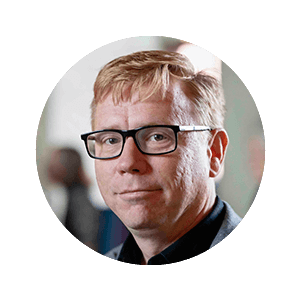
MATS MÅLQVIST
Read Biography

EVA FRIMAN
Read Biography
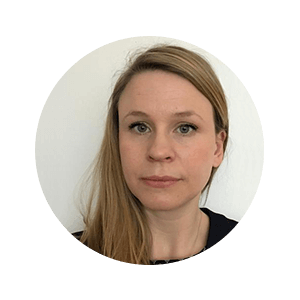
EMMA OLJANS
Read Biography
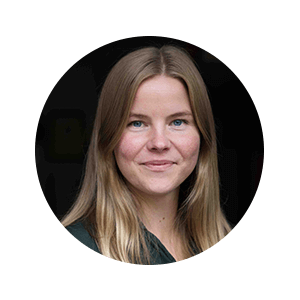
MARIA NYSTRÖM
Read Biography

GEORGINA WARNER
Read Biography
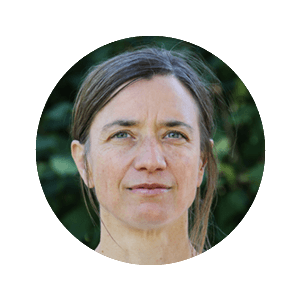
ELIN LARSSON
Read Biography
Stay in touch
OUR LATEST NEWS
SIHI Sweden is organizing the conference ”Exploring Community Engagement for Social Innovation in Health” on the 18-19th of October in Uppsala, Sweden. We will explore social innovation in health and community engagement through presentations, posters, and workshops together with researchers and organizations working on projects and methods for social innovation in health. We are happy to announce our keynote speakers, Uche Amazigo, retired Director of the World Health Organization African Programme for Onchocerciasis and currently the CEO of Pan-African Community Initiative on Education and Health (PACIEH) and Eneyi Kpokiri, clinical pharmacist and research fellow in social innovation at the London School of Hygiene and Tropical Medicine. For more information about the conference and to register visit the conference web-page
.![]()
